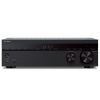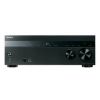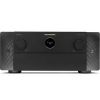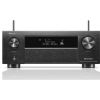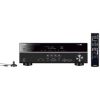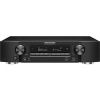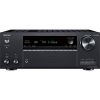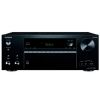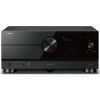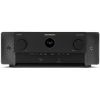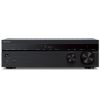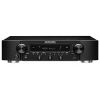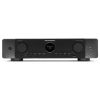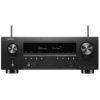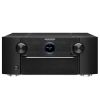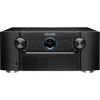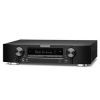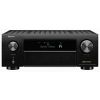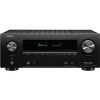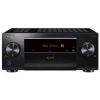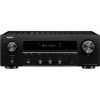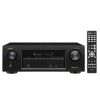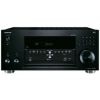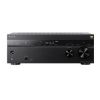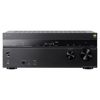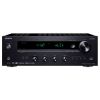Denon AVR-S960H vs Pioneer VSX-934 review


What is better - Denon AVR-S960H vs Pioneer VSX-934?
Amplifier
AV receivers under review have the same number of channels. In terms of power, there are differences, the AVR-S960H has such a ratio W/Ohm - 90/8, 125/6, while the VSX-934 has a power of 80/8, 165/6. A common feature for devices is the same total harmonic distortion - 0.08%. The Bi-amping function is implemented only in the Pioneer VSX-934. Both Denon AVR-S960H and Pioneer VSX-934 can transmit an audio signal directly to the amplifier and bypasses any DSP processing.
Connectivity
These units have the same Wi-Fi modules. Each of the receivers has a Bluetooth connector. Both devices can work with such Apple Music services: AirPlay, AirPlay 2. Access to the Spotify service is on each of the competitors. The number of available streaming services varies for receivers, the Denon AVR-S960H works with Deezer, TIDAL, Pandora, SiriusXM, Qobuz, TuneIn Radio, but the Pioneer VSX-934 works with Deezer, TIDAL, Pandora.
Video features
The HDR10 function is present in each of the rivals. Signaling over HDMI in standby mode can provide the AVR-S960H and the VSX-934. Each of the devices can increase the resolution of the incoming video signal. Each of the participants of the comparison has a Dolby Vision.
Extensive connections
The number of HDMI inputs/outputs is the same - 6/2.
 HDMI Audio Return Channel is implemented in both devices. HDMI eARC is only supported by the AVR-S960H. When comparing receivers, it becomes clear that each of the rivals can work with HDMI CEC. The AVR-S960H has support for the standard HDCP 2.3, compared to the VSX-934, which supports the standard HDCP 2.2. Like most receivers, our models have a built-in phono stage for connecting a vinyl player.
HDMI Audio Return Channel is implemented in both devices. HDMI eARC is only supported by the AVR-S960H. When comparing receivers, it becomes clear that each of the rivals can work with HDMI CEC. The AVR-S960H has support for the standard HDCP 2.3, compared to the VSX-934, which supports the standard HDCP 2.2. Like most receivers, our models have a built-in phono stage for connecting a vinyl player.
Additional features
Ability to create 2 Multi zones inherent in both AV receivers. There is an ECO mode in AVR-S960H. The Denon AVR-S960H and the Pioneer VSX-934 can be properly configured using the setup assistant.
Multichannel surround
A Dolby Atmos multichannel audio format is available both models. A DTS:X surround technology is supported by devices from our comparison.
General
Item
Model
Brand
Reviews
Amplifier
Channels
Stereo power (RMS), W/Ohm
Output impedance, Ohm
Frequency response
THD in stereo, %
Audio features
Digital to analog converter (DAC)
Bi-amping
Pure direct (straight)
Auto speaker calibration
Speaker A/B switching
Other audio features
Connectivity
Wi-Fi
USB
Bluetooth
Ethernet (RJ45)
DLNA
MHL
Streaming services
Apple Music (AirPlay)
Amazon Music
Spotify
Other streaming services
Extensive connection
HDMI input/output
HDMI ARC (Audio Return Channel)
HDMI eARC (Enhanced Audio Return Channel)
HDMI CEC
Digital content protection (HDCP)
Subwoofer output (LFE)
Headphone output
Optical digital input
Coaxial digital input
Composite input
Component input/output
Phono (MM) input
Front panel connectors
Multi channel preamp output
Video features
HDR (High Dynamic Range)
4K signal pass-through
8K signal pass-through
HDMI signal pass-through
3D signal pass-through
HDMI pass-through in standby mode
Video conversion
Analog to HDMI scaling
HDMI to HDMI scaling
Dolby Vision
Other video features
Additional features
Voice control
App control
Display
Tuner
Sleep timer
Auto power off
ECO mode
Graphical user interface (GUI)
Setup assistant
Firmware update
Other additional features
Multi-room
Multi-room zones
Zone audio output
Zone HDMI output
Multi-room control
RS-232
Remote control input/output (IR)
DC trigger output (12V)
Multichannel surround
Dolby Atmos
Dolby TrueHD
Dolby Surround
Dolby (other)
DTS:X
DTS HD Master
DTS Virtual:X
DTS Neural:X
DTS (other)
Auro-3D
IMAX Enhanced
Multichannel stereo
Audio file formats
MP3
WMA
AAC
WAV
FLAC
ALAC
Other audio file formats
Power
Operational power consumption, W
Standby consumption, W
Removable power cord
Dimensions
Size W x H x D, cm/inches
Weight, kg/lbs
Other
Release year
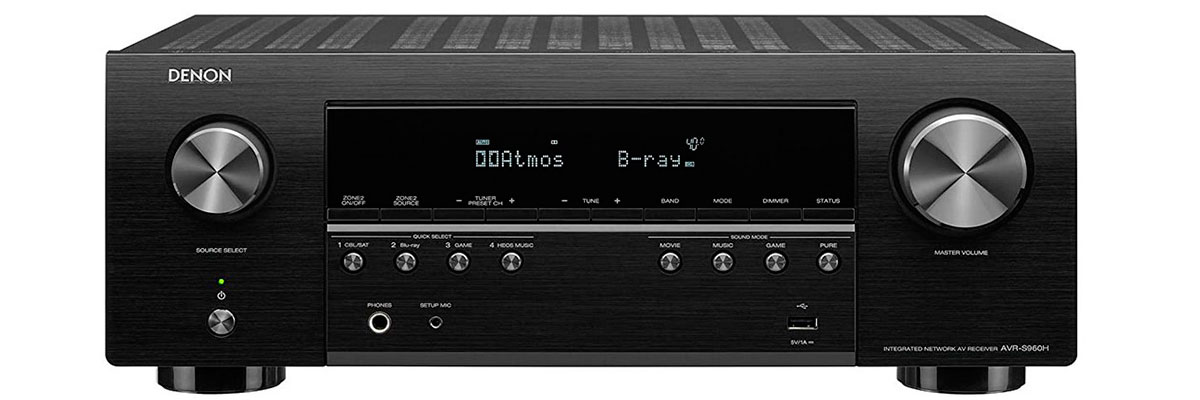
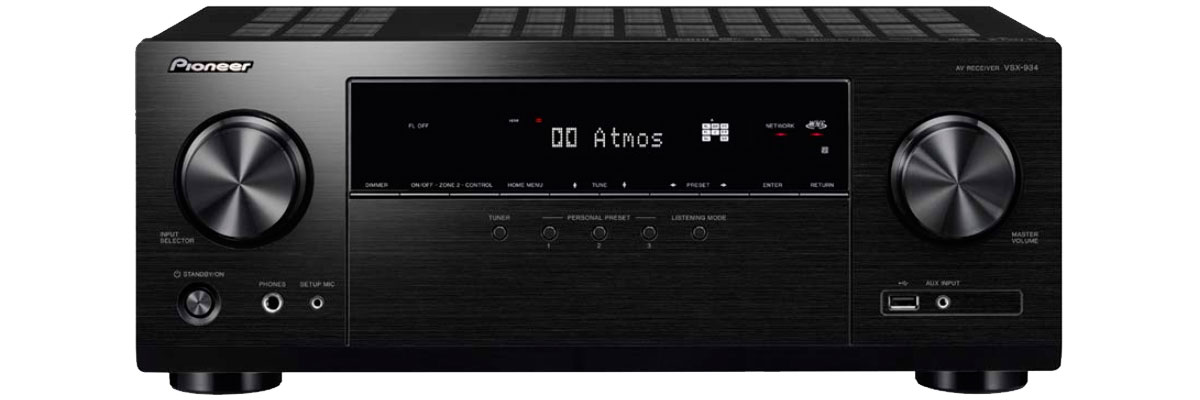


AV receivers SoundInspiration comparison rating
- 7.8Denon AVR-S960H
- 7.4Pioneer VSX-934
Latest receiver comparisons
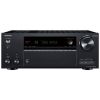
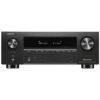
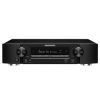
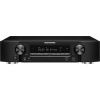
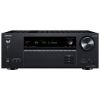
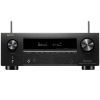

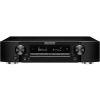
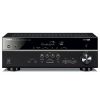
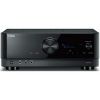
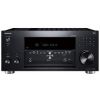
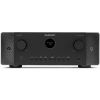
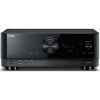
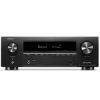
Popular receiver comparisons
